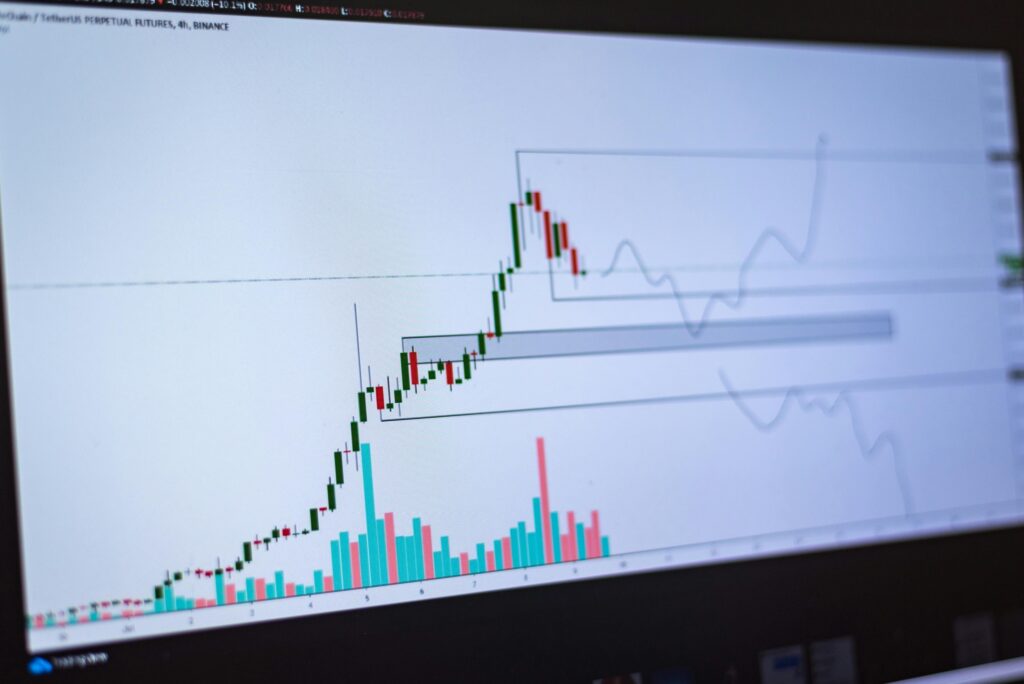Global economic growth remains a crucial aspect of financial stability, despite the recent volatility in oil markets. The European Central Bank (ECB) is carefully assessing current economic conditions to determine any necessary changes in its monetary policy.
ECB’s Approach to Global Economic Growth
The recent conflict in the Middle East has introduced new uncertainties, but as of now, it has not significantly changed the ECB’s inflation outlook. As Villeroy stated, the inflation expectations remain moderate, and any decision about adjusting interest rates will depend on evolving economic indicators. The ECB’s stance is to observe global economic trends closely and make data-driven decisions during upcoming meetings.
One notable factor is the significant appreciation of the Euro, which has helped counterbalance the rise in oil prices to some extent. However, the ECB acknowledges that it’s not solely oil prices that drive its reaction but the overall impact on inflation and economic stability.
The Impact of Middle East Conflicts
The turmoil in the Middle East, although adding to the layers of global uncertainty, has not yet triggered a need for a drastic shift in monetary policy. However, the ECB remains vigilant, monitoring potential spillovers into underlying inflation and the anchoring of inflation expectations. This cautious approach ensures the institution can react promptly should conditions change.
The ECB is currently in a wait-and-see mode, with any potential rate cut not expected until December. While the markets predict this timeline based on current conditions, it remains subject to the ECB’s observation of global economic growth patterns and the potential for inflationary changes.
For more insights into global economic implications, you can read analyses from trusted sources like Bloomberg.
Conclusion on ECB’s Strategy
In conclusion, while global economic growth faces several challenges, the ECB’s data-driven and responsive strategy aims to maintain economic stability across Europe. The ECB’s vigilant approach ensures they are prepared to adapt their policies in response to evolving circumstances.
At Bakara Invest, our analysis suggests that the Euro’s recent strength could continue to mitigate some inflationary pressures, allowing the ECB to focus on broader economic indicators.
For more Forex market insights, visit our Forex News Section.
